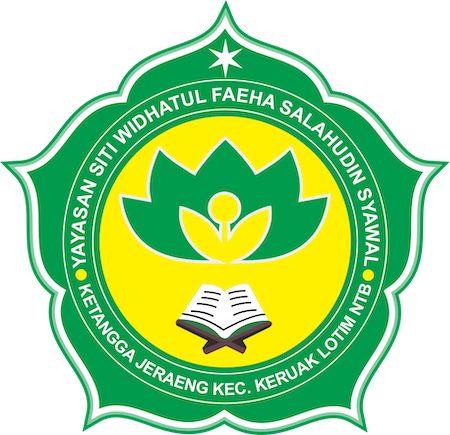The Potential of Gastropods for Mangrove Ecosystem Conservation: A Case Study in Lembar, West Lombokt
Published:
2025-06-30Issue:
Vol. 1 No. 1 (2025): JuniKeywords:
gastropods, mangrove ecosystems, conservation,, West Lombok, bioindicatorsArticles
Downloads
How to Cite
Abstract
Mangrove ecosystems are important habitats for various types of fauna, including gastropods, which have a significant role in maintaining ecosystem balance. This study aims to identify the types of gastropods that live in the Lembar mangrove area, West Lombok, and analyze their potential in supporting the conservation of mangrove ecosystems. The method used is purposive sampling with direct observation at three stations that have different substrate characteristics and intensity of human activities. The results showed that 18 species of gastropods from 11 families were found, with the highest diversity at stations with dense mangrove vegetation cover and low anthropogenic pressure. Gastropods play a role as bioindicators of environmental quality, decomposers of organic matter, and constituents of the food chain. These results show that the existence and diversity of gastropods can be used as a basis for sustainable mangrove conservation strategies.











